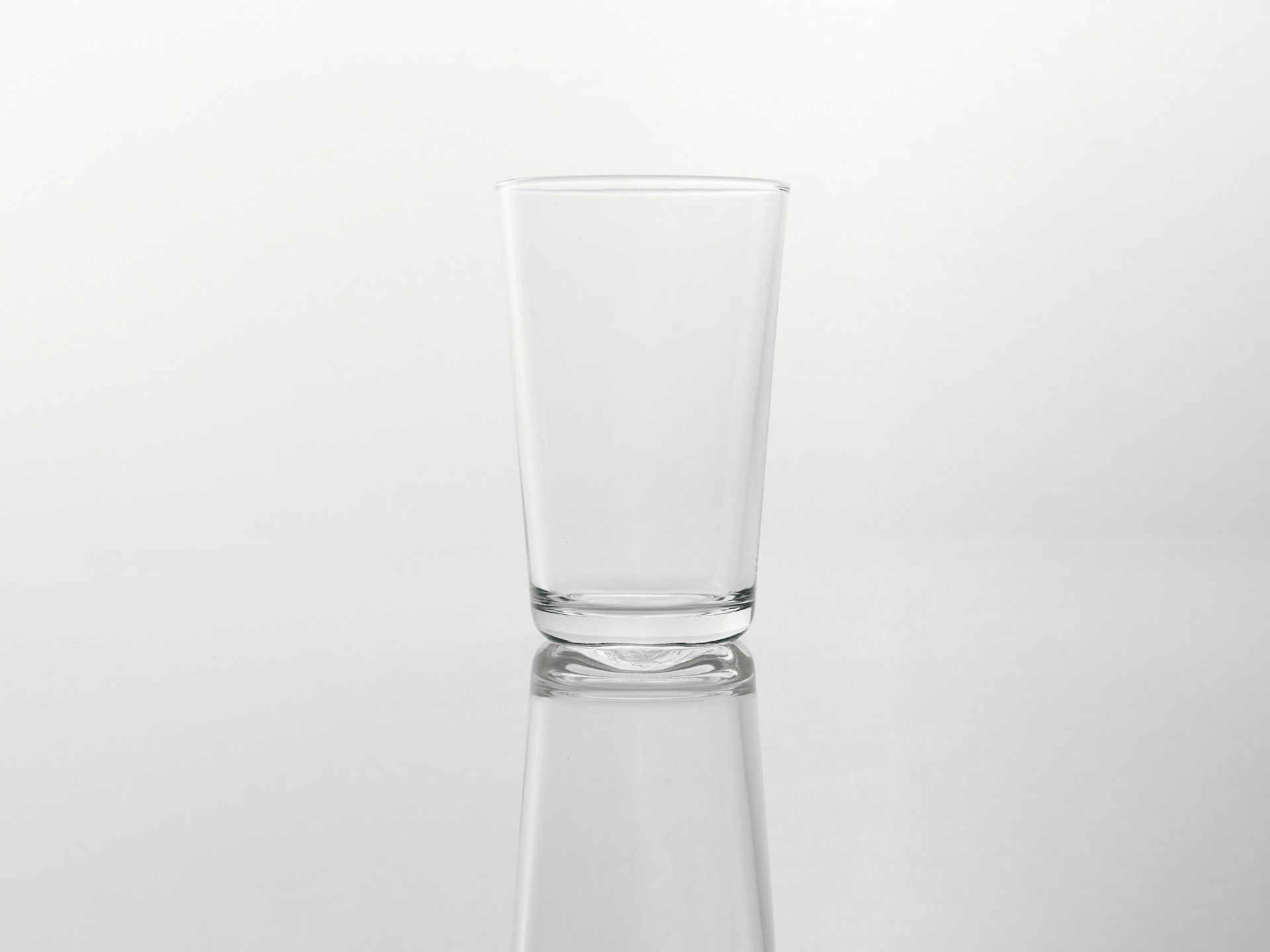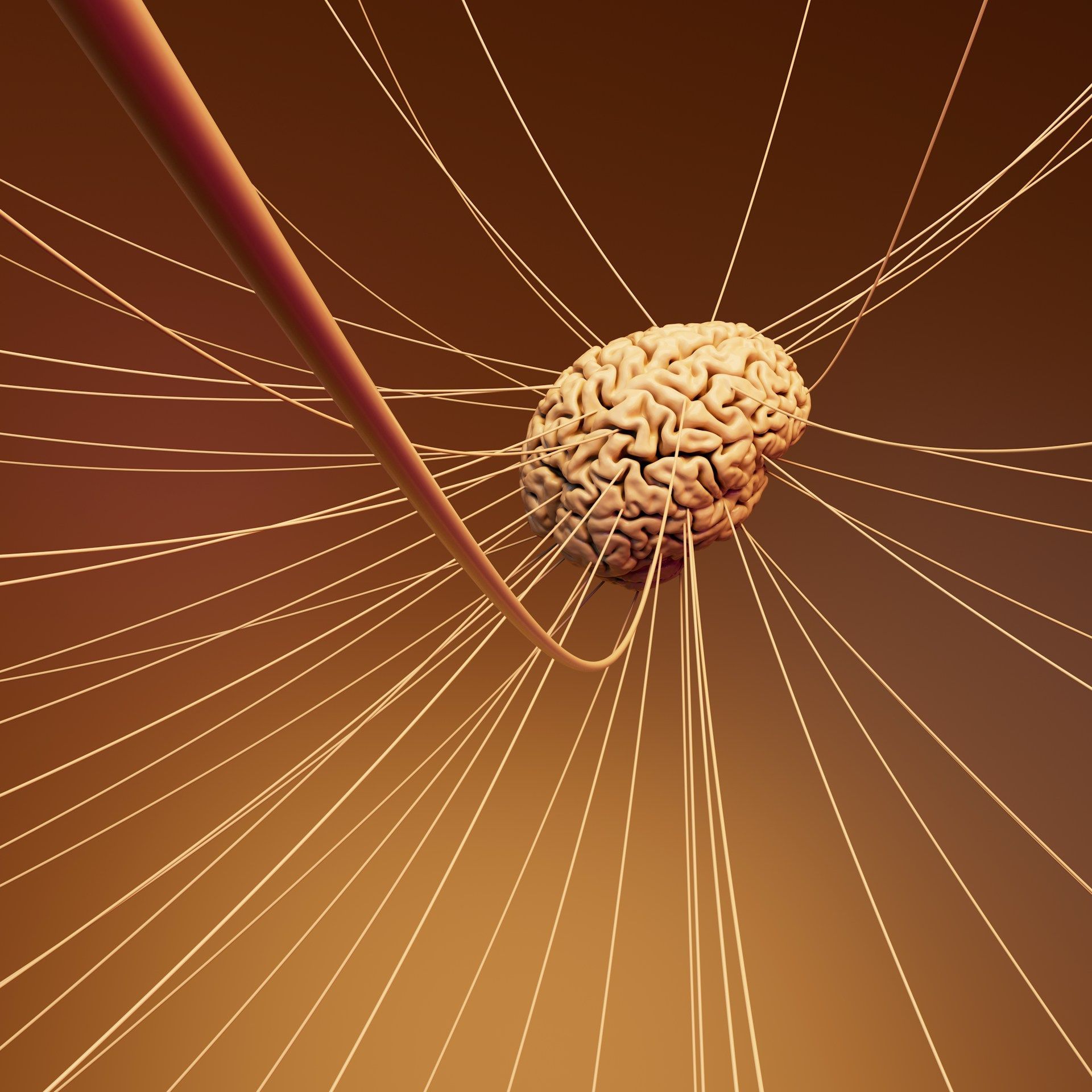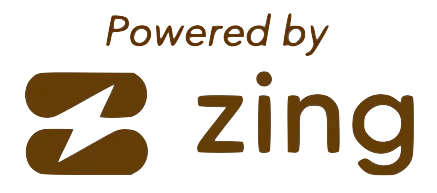Healing Through Talking to Your Mat: Fueling Your Brain for Recovery
The right foods help you create a beneficial internal environment for brain healing.
You are a magical, complex creature with multiple systems working together to create the harmonious whole that is you. That means you can attack your recovery from several angles, including mindfully choosing the right foods to nourish and fuel your brain.
What you eat can impact your mood in more ways than making you feel guilty after polishing off an entire pint of Häagen-Dazs. The right nutrients facilitate better brain chemistry, ensuring your body has all the raw materials it needs for a healthy balance of neurotransmitters, those magical mind molecules that affect your outlook.
As a reminder, the members of the Only in Sedona Yoga crew are not doctors, therapists, or other medical professionals. We’re two average people. I (Jennifer) am simply on a healing journey, and I share what works for me from one layperson to another. That said, here’s how I fuel my brain for recovery with the right nutrition. May these tips help you, too.
The Mind of the…Gut? Pre- and Probiotics
Fun fact: You produce 95% of your body’s serotonin in your gut, not your brain [1]. Serotonin is a neurotransmitter associated with mood; it’s the substance that SSRI antidepressants are designed to let your body access more readily by blocking reabsorption. Your intestines also generate other mood-affecting neurotransmitters like dopamine and GABA as well. They do so thanks to the help of beneficial bacteria, like Lactobacillus acidophilus [2].
If these healthy bacterial colonies deplete, thanks to a poor diet, alcohol or antibiotic use, or other factors like stress, it could throw your neurotransmitters out of whack and impact your mental wellness. Fortunately, it’s not too challenging to nurture your gut by eating pre- and probiotic-rich meals.
Prebiotics refer to specific types
of non-digestible fiber that feed your gut bacteria [3]. You’ll find them in fruits, vegetables, and whole grains. For example, the pectin
found in apples is a type of prebiotic fiber, and you know what they say about an apple a day keeping that pesky doctor at bay [4].
Probiotics refer to foods that contain these healthy bacterial strains themselves to help replenish your body’s natural stash. Although most folks must take them regularly to maintain the benefits, they’re relatively easy to get. Yogurt is famous for being rich in probiotics, although the pasteurized type you’ll find on store shelves has the bacteria added back in after purification. Other sources of probiotics include:
- Fermented foods like kimchi and sauerkraut
- Kombucha, such as Wild Tonic
- Kefir, which is kind of like milky yogurt
- Miso soup – if you add the miso paste after removing the soup from the heat [5]
Magical, Mindful Magnesium
Magnesium may not be a magical mineral for your mind, but it’s close. It plays a role in over 300 body processes, but as many as half of all US adults have a deficiency [6]. That’s a problem, as this stuff helps your heart health and is a must for your body’s stress response to function properly.
Magnesium deficiencies can cause sleep issues, anxiety, and depression. Fortunately, you can find ample supplements containing seven different forms of magnesium on store shelves. You can also find this mineral in foods such as nuts and seeds, spinach and other leafy greens, yogurt, avocados, bananas, and salmon.
Fish Really Is Brain Food
If your childhood caregivers told you to eat your fish for a healthy brain, they weren’t trying to manipulate you, at least not with untruths. Fish is the best source of two of the three forms of omega-3 fatty acids, EPA and DHA [7]. Omega-3s play a vital role in your memory and cognitive power [8]. The other form, ALA, is found in plant-based foods like chia seeds, flaxseeds, and walnuts.
Your body can manufacture EPA and DHA from ALA, although it isn’t the most efficient at it. However, take heart if you are a vegan. Purslane, a humble, often-overlooked but super-tasty foraging food,
contains trace amounts of EPA [9]. If you don’t like the taste of it raw, try adding it to soups as a thickening agent for its benefits without the bitter taste.
A Micronutrient Rainbow
Listing every nutrient and its impact on brain health would be a mammoth undertaking well beyond the scope of this article. However, fortunately, Mother Nature, in Her infinite kindness, took mercy on humanity. She provided them with a handy color code that helps strike the right balance between all the good vitamins, minerals, and other nutrients your body and mind need to function at their best [10].
All you have to do is strive for at least three different colors on your plate at every meal. It’s easier than you think. For example, adding berries is an easy way to get more reds and blues into your diet. A few slices of bell or baby sweet peppers add yellow or orange to your next wrap or sandwich. Adding brown
rice and nuts to a bed of greens gives you a color combo and a complete vegan protein to boot [11].
Avoiding Foods That May Adversely Impact Brain Health
Adding more of the right foods ensures your body has the raw materials it needs to manufacture the neurotransmitters and other substances necessary for healing. However, you can defeat your positive efforts if you also consume foods that promote brain inflammation or cause other imbalances. Approach the following with caution, and consider eliminating them from your diet altogether to let the foods you eat to fuel your brain for recovery do their work unimpeded:
- Alcohol: Alcohol can increase brain inflammation and inhibit neurogenesis, or the creation of new brain cells [12]. While the effects of an occasional overindulgence often reverse, alcoholic brain damage can sometimes be permanent [13].
- Added sugars: According to Deena Adimoolam, M.D., a diabetes and endocrinology specialist, the overconsumption of added sugars (though not those naturally occurring in foods like fruit) can increase inflammation [14].
- Red meat:
A recent study found an association between
red meat consumption and a higher risk of developing dementia [15]. Red meat also uses a huge amount of environmental resources, so it's probably best to save the steak for special occasions, if you choose to eat it at all.
Fuel Your Brain for Recovery
Think of it this way: If you had a cut on your leg, would you wrap it in a filthy bandage? Or would you give it a little TLC via a clean wrap and a proven antibiotic ointment? While diet alone may not singlehandedly fix any mental health problems you may face, it can create a positive, nurturing, healing environment for your brain, not one laden with toxins.
Providing your body with the nutrition it needs to produce healthy neurotransmitter levels ensures you have the raw materials you need on hand to nourish your recovering brain. When you combine a beneficial brain diet with talking to your mat, you invite the right conditions for healing breakthroughs to occur.
References:
[1] Berg, Per-Olaf, et al. “Identification of human gut bacteria that produce bioactive serotonin and promote colonic innervation.” Science Direct. October 28, 2025. Accessed November 3, 2025, from:
https://www.sciencedirect.com/science/article/pii/S2211124725012057
[2] Robertson, Ruairi. “9 ways Lactobacillus Acidophilus can benefit your health.” Healthline. April 20, 2023. Accessed November 3, 2025, from: https://www.healthline.com/nutrition/lactobacillus-acidophilus
[3] Healthy Gut Initiative. “Do prebiotics really impact your gut health?” 2023. Accessed November 3, 2025 from: https://pmc.ncbi.nlm.nih.gov/articles/PMC9460662/
[4] Gu, Fangji, et al. “The potential of pectins to moderate the human gut microbiota evaluated by in-vitro fertilization: A systemic review.” NIH. September, 2022. Accessed November 3, 2025 from: https://pmc.ncbi.nlm.nih.gov/articles/PMC9460662/
[5] “Episode six: Probiotic miso soup.” Gastric Cancer Foundation. N.d. Accessed November 3, 2025 from: https://gastriccancer.org/video/probiotic-miso-soup/
[6] “Which type of magnesium is right for your symptoms?” University Hospitals. April 24, 2025. Accessed November 3, 2025, from: https://www.uhhospitals.org/blog/articles/2025/04/which-type-of-magnesium-is-right-for-your-symptoms
[7] “Health benefits of fish.” Washington State Department of Health. N.d. Accessed November 3, 2025, from: https://doh.wa.gov/community-and-environment/food/fish/health-benefits
[8] Avina, Neda Asgari, et. al. “A systematic review and dose response meta-analysis of omega-3 supplementation on cognitive function.” Nature. August 20, 2025. Accessed November 3, 2025, from: https://www.nature.com/articles/s41598-025-16129-8
[9] Ali, Md Eaqub, et. al. “Purslane-weed (Portulaca Oleracea): A prospective plant source of nutrition, omega-3 fatty acid, and antioxidant attributes.” NIH. February 2014. Accessed November 3, 2025, from: https://pmc.ncbi.nlm.nih.gov/articles/PMC3934766/
[10] Velazquez, Vickie, “Eat the rainbow: The colorful path to health.” Vegetarian Zen. April 13, 2025. Accessed November 3, 2025, from: https://www.vegetarianzen.com/eat-the-rainbow-the-colorful-path-to-health/
[11] “Can you get enough protein from plant foods?” The National Peanut Board. N.d. Accessed November 3, 2025, from: https://nationalpeanutboard.org/news/can-you-get-enough-protein-from-plant-foods/
[12] Chen, Kevin, et. al. “Alcohol and adult hippocampus neurogenesis: Promiscuous drug, wanton effects.” NIH. May, 2014. Accessed November 3, 2025, from: https://pmc.ncbi.nlm.nih.gov/articles/PMC4134968/
[13] Alcohol-related brain damage: Types, symptoms, diagnosis, and treatment. Dementia UK. N.d. Accessed November 3, 2025, from: https://www.dementiauk.org/information-and-support/types-of-dementia/alcohol-related-brain-damage/
[14] Cavallo, Isabella. “Does sugar cause inflammation? Experts explain.” Prevention. November 3, 2025. Accessed November 3, 2025, from: https://www.prevention.com/health/a69230293/can-sugar-cause-inflammation/
[15] Gu, Xiao, et. al. “Long-term intake of red meat in relation to dementia risk and cognitive function in US adults.” Neurology. January 15, 2025. Accessed November 3, 2025, from: https://www.neurology.org/doi/10.1212/WNL.0000000000210286











